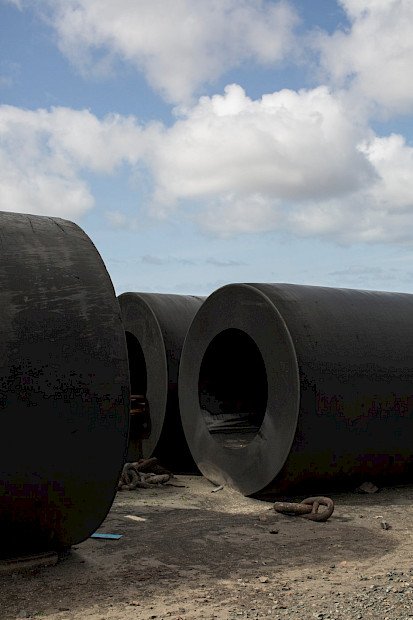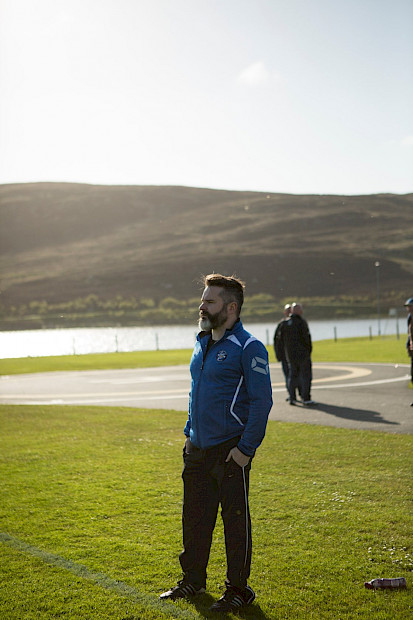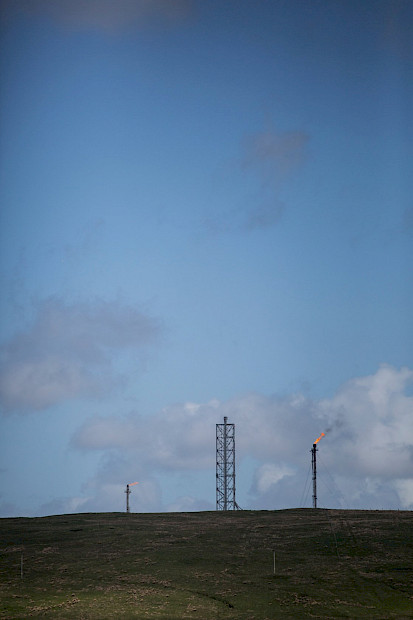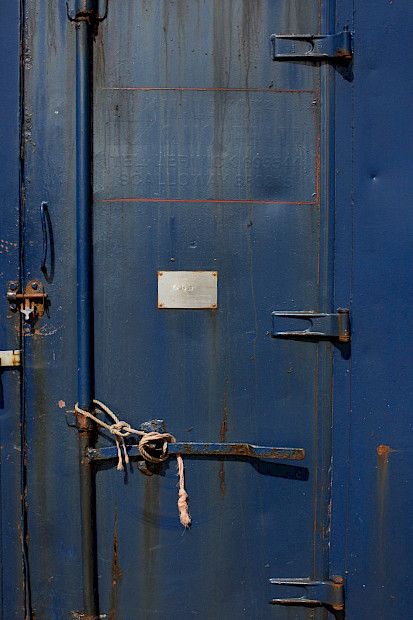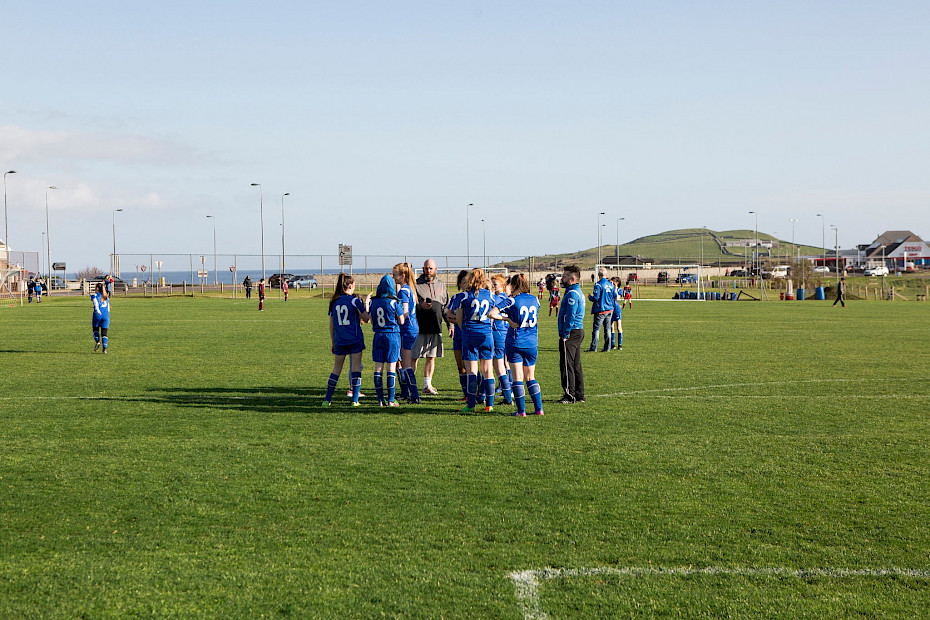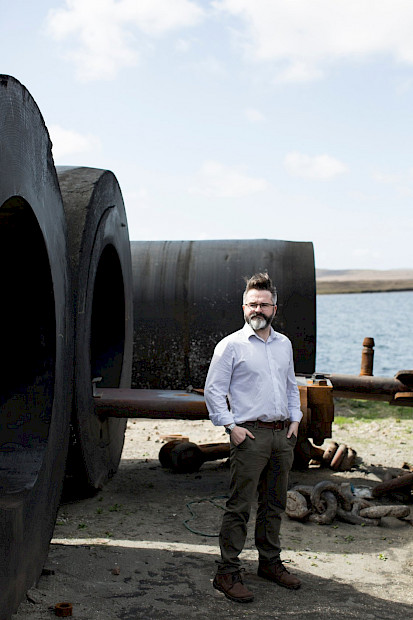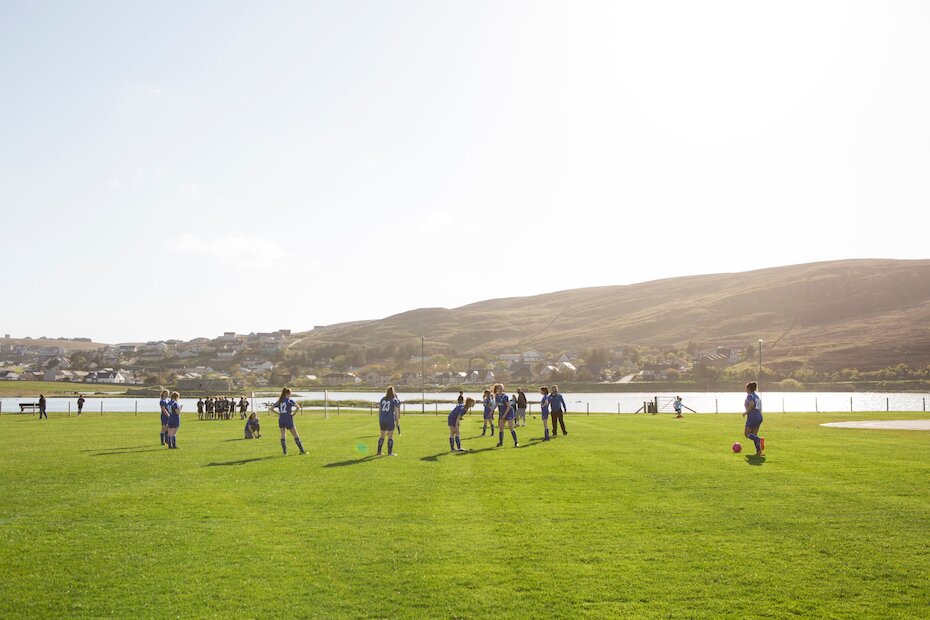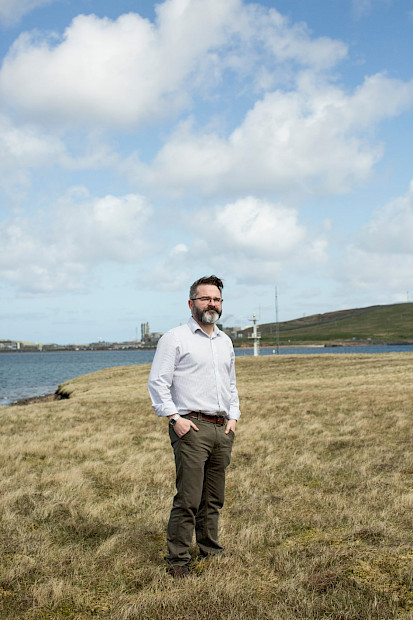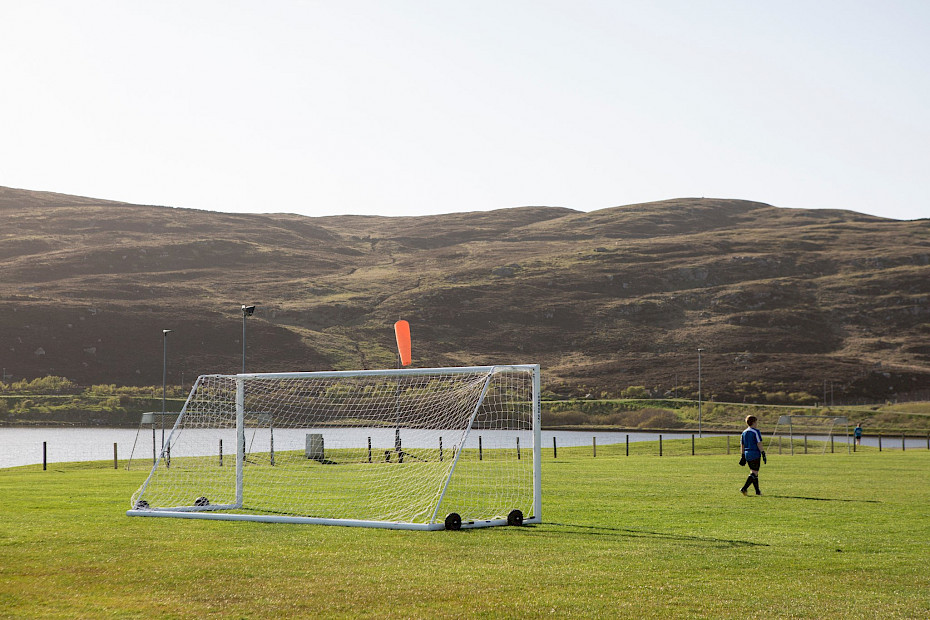NB: This article was written in 2018, and some details have changed.
The Revellers aren’t exactly your average kids’ band. They call themselves the ‘Renegades of Folk’, and sound a little like Metallica with banjos and fiddles—or maybe the Levellers, their original inspiration, after a few too many Red Bulls.
Yet here they are, on a Saturday afternoon in May, rocking out the Whiteness and Weisdale Public Hall to a crowd of mostly primary school age children, who are bouncing around on their parents’ shoulders and forming a friendly mosh pit. Between just every song, there’s a shout-out from one of the seven band members to one of the kids: a birthday message, a little story or just a friendly hello. None of it feels mawkish or forced. And as is often the case in Shetland, the gig is for charity, raising money for Shetland-based mental health charity Mind Your Head. Later, they’ll play an adult gig, which will draw a few hundred of Shetland’s youngish folk for a sweaty, bouncy singalong.
To the left of the stage, Adam Priest, the bearded, bequiffed bassist, is doing his thing: providing the groove, whilst not hogging too much of the limelight. This, it seems, is Adam’s way—he’s the quiet facilitator, the guy who makes things happen and just gets on with it. Away from the stage, he’s a mechanical engineer at Sullom Voe, Shetland’s oil terminal, as well as a girls’ football coach and occasional Viking.
